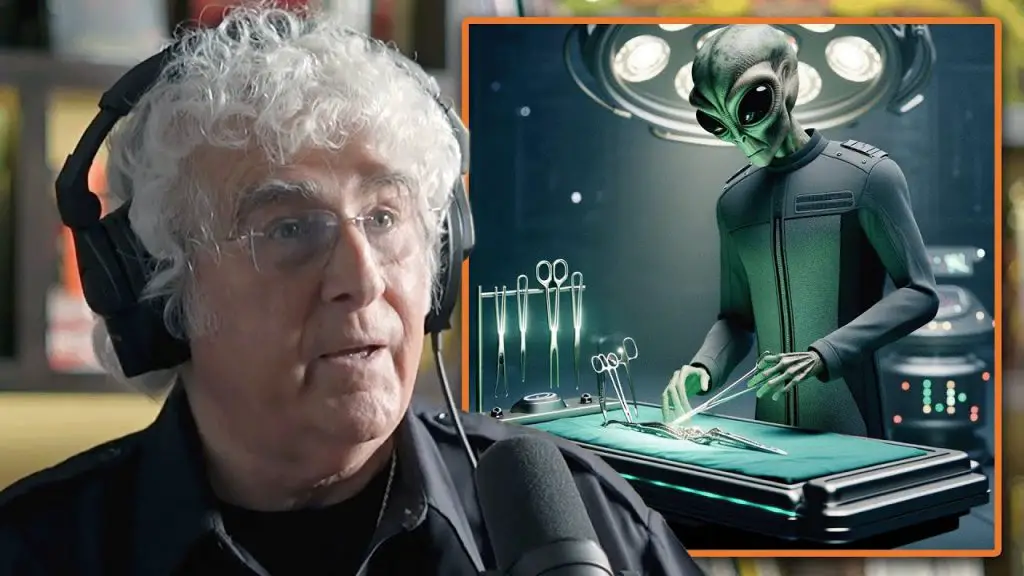
In the vast and mysterious world of Unidentified Anomalous Phenomena (UAP), few names are as pivotal as Daniel Sheehan. A Harvard-educated attorney renowned for his involvement in landmark cases such as the Pentagon Papers and Watergate, Sheehan’s legal journey took a turn towards the extraterrestrial when he represented Dr. John Mack, a Harvard psychologist and alien abduction researcher. This partnership not only thrust Sheehan into the heart of UAP advocacy but also positioned him as a key figure in the push for government transparency regarding extraterrestrial phenomena.
Dr. John Mack’s research into alien abduction phenomena, which involved detailed interviews with individuals claiming to have had direct encounters with extraterrestrial beings, drew significant scrutiny and controversy, particularly from Harvard University. In 1994, Mack enlisted Sheehan’s expertise to navigate the turbulent waters of institutional pushback. Sheehan, leveraging his legal acumen and deep understanding of the academic environment, embarked on a rigorous defense of Mack’s academic freedom and the legitimacy of his research.
Sheehan’s involvement in Mack’s case was not just a matter of legal representation; it was a deep dive into the world of UAP research. He engaged with key figures in the field, from Stanton Friedman to Steven Greer, and met firsthand with individuals who had reported extraordinary experiences. This comprehensive exposure not only fortified his legal strategy but also solidified his belief in the significance of the UAP issue as a matter of public policy.
One of Sheehan’s notable efforts was his attempt to organize a Grand Rounds at Harvard, financed by philanthropist Lawrence Rockefeller, to present Mack’s findings and evidence. Despite facing institutional resistance, Sheehan’s persistence highlighted the challenges faced by researchers in the field and the institutional barriers to exploring and acknowledging UAP phenomena.
VIDEO: Danny Sheehan: Dr John Mack’s UFO Defense Attorney Explains Alien Abduction Phenomena
Throughout the legal battles, Sheehan encountered a web of secrecy and opposition from various quarters, including the legal and academic establishments. His experiences revealed a concerted effort to marginalize and discredit those seeking to explore and understand UAP-related encounters. Despite these challenges, Sheehan’s legal expertise and dedication to transparency and academic freedom helped to protect Mack’s research from being silenced.
Sheehan’s contributions to the UAP field extend beyond the courtroom. He played a crucial role in the Disclosure Project, advocating for the public release of classified information related to UAPs. His efforts have been instrumental in fostering a more open dialogue on the subject, encouraging researchers, witnesses, and government officials to come forward with their experiences and knowledge.
Moreover, Sheehan’s work has implications for the broader conversation about human experiences that defy conventional understanding. By defending the legitimacy of alien abduction research, Sheehan challenges the boundaries of accepted scientific inquiry and the societal mechanisms that govern the pursuit of knowledge. His advocacy for Dr. Mack’s work underscores the importance of an interdisciplinary approach to exploring the unknown, one that embraces rather than shuns the extraordinary.
In the end, Daniel Sheehan’s legacy in the field of UAP research is defined by his unwavering commitment to truth, transparency, and the defense of those who dare to explore the fringes of human understanding. Through his legal battles, public advocacy, and personal exploration of the phenomena, Sheehan has paved the way for a more open and inclusive examination of the mysteries that lie beyond our current grasp.


There are too many credible accounts of
UFO sightings by military and commercial
Pilots in the past 80 years where silent
aircraft travel at speeds beyond belief